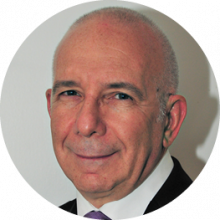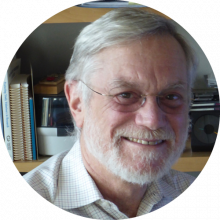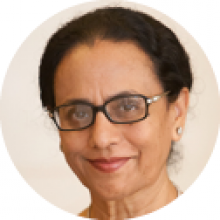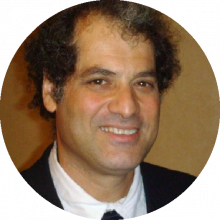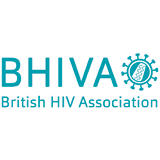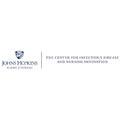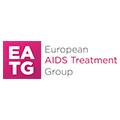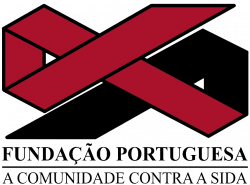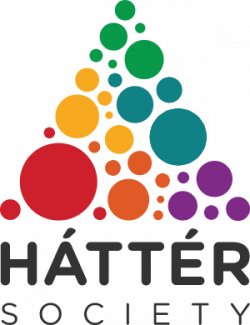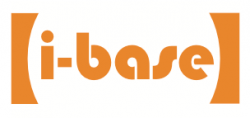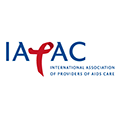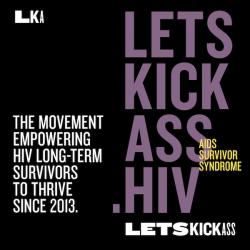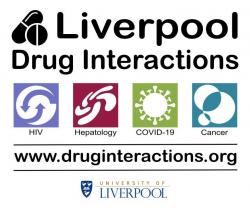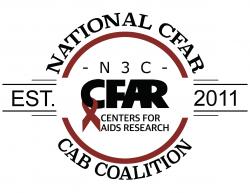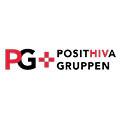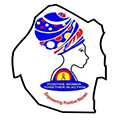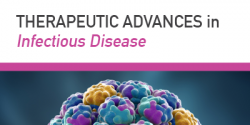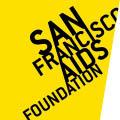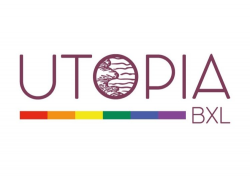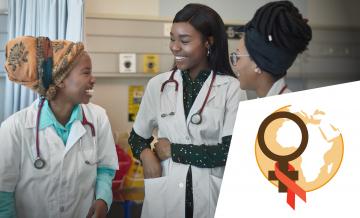The 16th International Workshop on Aging & HIV will take place in a hybrid format on 23-24 October 2025, in the United States (City TBC).
The integration of antiretroviral therapy (ART) into HIV care has dramatically extended the life expectancy of those living with HIV. This increased life expectancy is changing the demographics of the HIV epidemic. Currently, over half of individuals living with HIV are aged 50 or older. Recent estimates in Europe suggest that more than 70% of those with HIV will be over the age of 50 by 2030, accompanied by a greater burden of comorbidities and the associated treatments. In comparison to similar populations, persons with HIV, even when on effective ART, experience an excess of morbidity and mortality. Complications due to AIDS are rarely fatal for persons on ART. Instead, patients experience an early onset of aging complications, including neurocognitive decline, osteoporosis and fractures, impaired physical function, frailty, and falls.
Improving the management of older adults with HIV will require a much deeper understanding of the interface between aging, HIV, associated comorbid conditions, and concurrent treatment. Additionally, research is needed to address the unique psychosocial challenges faced by this growing population. The elderly population living with HIV is particularly vulnerable to social stigma, which can lead to depression, psychological distress, compromised adherence to therapy, and overall poor treatment outcomes and quality of life.
The International Workshop on Aging and HIV remains the only platform worldwide for international, cross-disciplinary scientific exchange on the increasingly recognized difficulties encountered in the clinical care and design of studies to improve the care of persons aging with HIV. The meeting gathers (basic) researchers, healthcare professionals across different disciplines, and community advocates to foster dialogue and prompt solutions that will benefit the aging population living with HIV. In addition, the workshop will also create opportunities for trainees and junior investigators to present their research, network, and learn from experts in the field.


